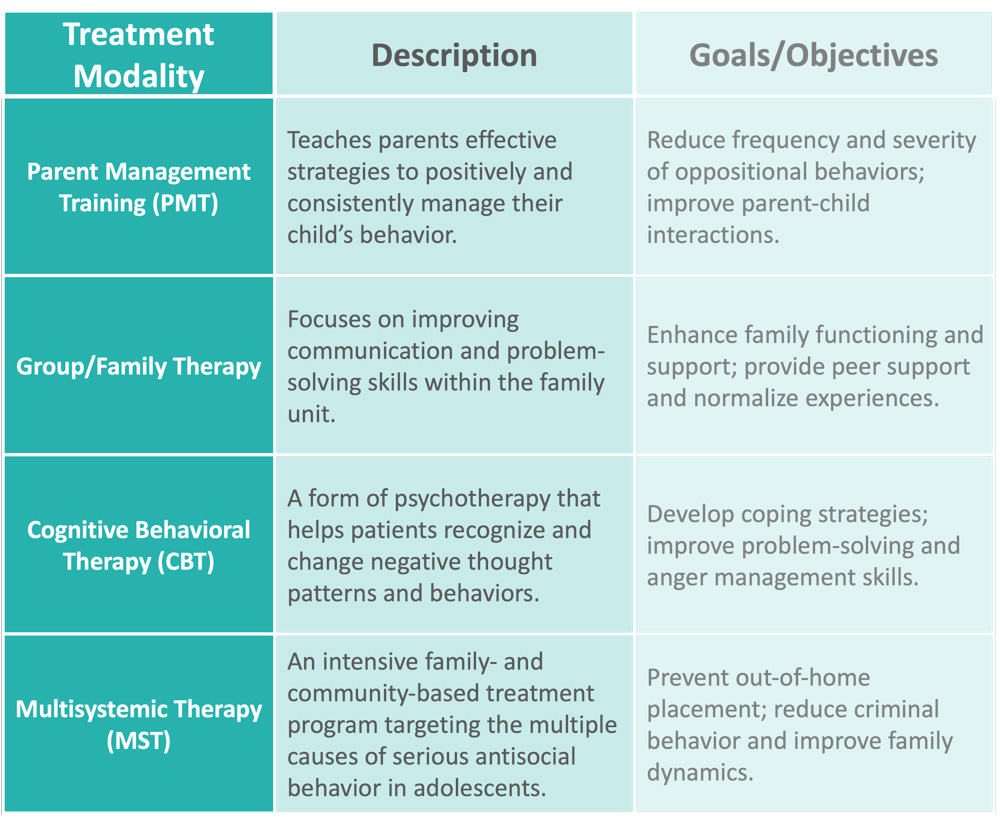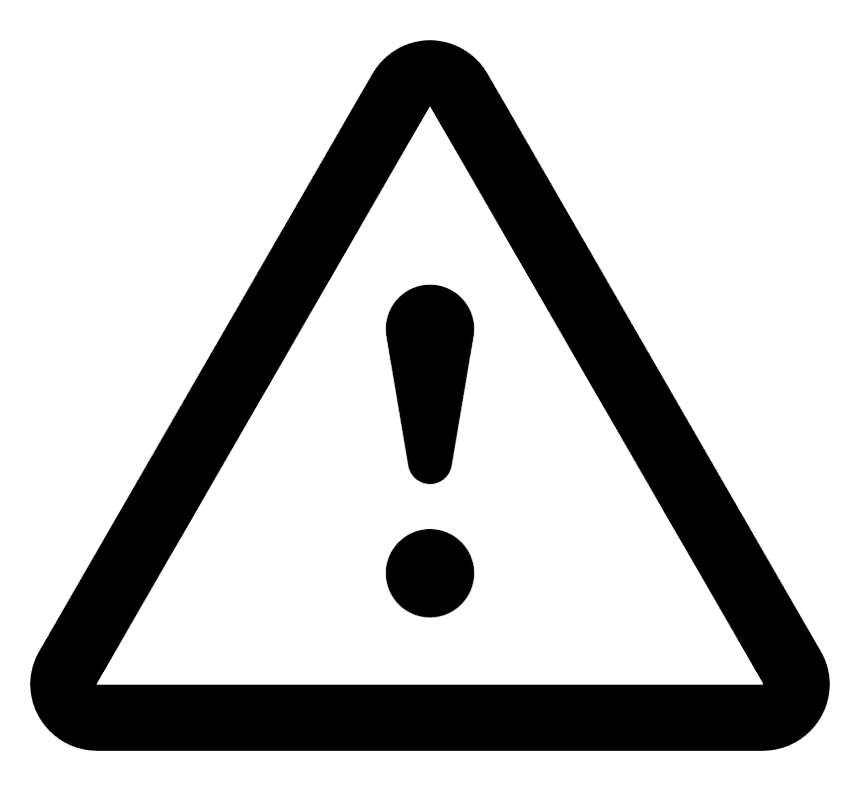Disruptive, Impulse-Control, and Conduct Disorders
Disruptive, impulse-control, and conduct disorders represent a group of conditions characterized by an individual’s inability to conform to societal norms, leading to significant distress and impairment in personal, social, and/or academic functioning. This chapter aims to provide psychology residents with a comprehensive understanding of these disorders, ensuring a solid foundation for clinical practice and exam preparation.
Oppositional defiant disorder (ODD)
- Characterized by a pattern of angry/irritable mood, argumentative/defiant behavior, or vindictiveness lasting at least 6 months.
- Often presents in early childhood.
- Children are at an increased risk of ODD when there is inconsistency in childcare due to multiple caregivers, or where child-rearing is characterized by harshness, inconsistency, or neglect.
- Associated with academic and social difficulties:
- Hostile behavior towards authority figures
- Yendency to talk back
- Persistent refusal to do chores
- Annoyance towards friends
- Neuroimaging has shown decreased size of brain structures responsible for emotional processing and self-control (amygdala, insula, and frontal cortex)
- Patients with ODD have an increased risk of developing conduct disorder and antisocial personality disorder.
*Second-generation antipsychotics may be used in combination with Psychotherapy in patients with severe aggression or irritability.
Note
Treatment approaches for OPD may be used in combination, and the choice of treatment may be influenced by the severity and specific characteristics of the disorder, as well as the presence of comorbid conditions.
Log in to view the remaining 60-90% of page content!
New here? Choose an account!
1 Month Plan
Full Access Subscription
$68
$
48
49
1 Month -
Access to all chapters
-
Access to all images and cases
-
Access to all flashcards
-
Access to Full Question Bank
3 Month Plan
Full Access Subscription
$159
$
73
49
3 Months -
Access to all chapters
-
Access to all images and cases
-
Access to all flashcards
-
Access to Full Question Bank
1 Year Plan
Full Access Subscription
$446
$
195
49
1 Year -
Access to all chapters
-
Access to all images and cases
-
Access to all flashcards
-
Access to Full Question Bank
Popular
Loading table of contents...
Loading table of contents...


